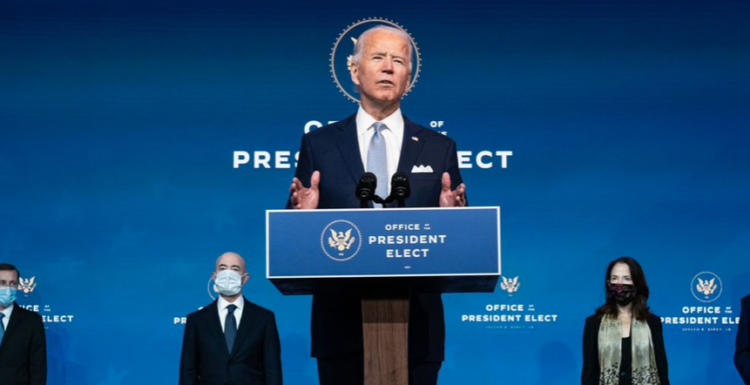Historically Black Colleges and Universities (HBCUs) that expected $45 billion in funding are facing a drop to $2 billion under the Biden administration’s multitrillion-dollar spending plan.
The Associated Press reported that this is the administration’s latest move as a result of Democratic infighting.
The $3.5 trillion bill included a $45 billion set for HBCUs and other minority-serving institutions. Now, the newest iteration of the bill only allows for $2 billion to go towards HBCUs’ educational programs and infrastructure.
Philander Smith College in Little Rock, Arkansas, a private historically Black college, would receive the funding. Its president Roderick L. Smothers said federal coronavirus relief money had been critical in helping the university throughout the pandemic with upgrades to technology and student support.
Despite this, he feels that Biden’s original proposal would have allowed for the type of financial support to have a long-term impact.
Related Story: HBCUs Are Fighting Against Decades-Long Battle of State Underfunding
“We used the funds that we received to serve the students that we have, and now we’re asking for additional funds to make sure that when we are on the other side of this global pandemic, our institutions will be bigger and better and more resilient,” Smothers said.
Democratic Representative Bobby Scott of Virginia, who leads the U.S. House education committee, said HBUC’s had gotten immense amounts of federal funding over the past two years, which has totaled more than they have in the past decade overall.
That amount includes $1.6 billion under the Democrats’ American Rescue Plan, which went through earlier this year.
Scott, who also happens to be a member of the Congressional Black Caucus, said the draft bill also included $27 billion for student aid at Black colleges and other institutions serving racial minorities and acknowledged that the need for funding is still essential.
“We’d like to do as much as we can,” Scott said. “I’m not satisfied. I’m not satisfied with anything in the budget that’s within our jurisdiction.”
Harry L. Williams, president of the Thurgood Marshall College Fund, which represents public HBCUs, felt shocked and let down by the reduced allocation for HBCUs. Williams also noted that those institutions shouldn’t be generalized as a part of other institutions.









